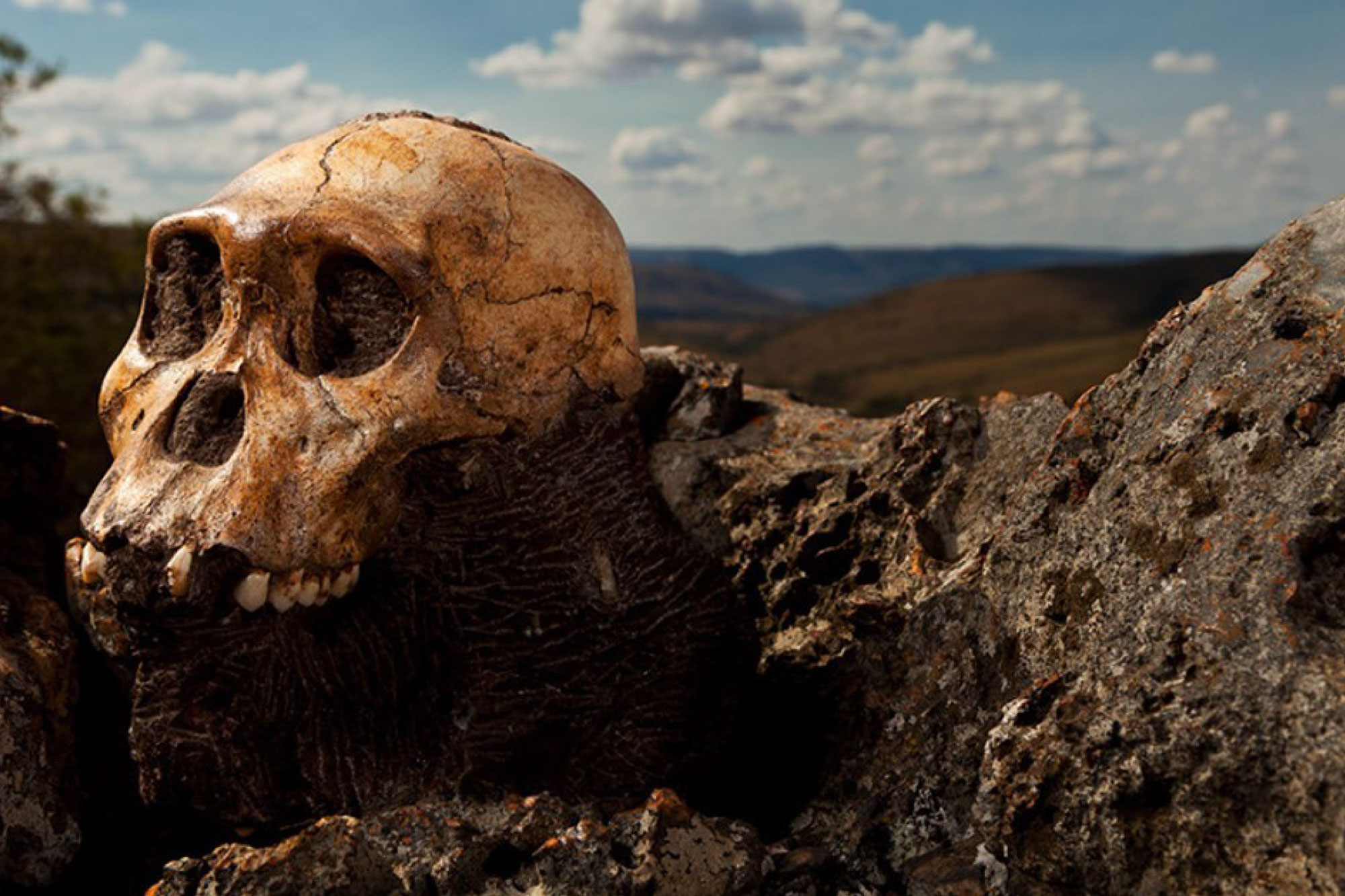With the 24th of May signifying two months of lockdown during the current COVID-19 crisis, the doors to the School of Anthropology and Conservation have unfortunately remained closed. However, this doesn’t mean we’ve been any less busy! With university-wide efforts to shift teaching and learning online, our students and staff have taken advantage of the switch to remote working, publishing and organising an abundance of internet-based material and events. Here is a summary of what our academic staff and students have been up to over the past month:
Academic news
In keeping with the current focus on internet-based events, the Durrell Institute of Conservation and Ecology (DICE) will be holding a Twitter conference on July 23rd and 24th in order to present and promote the work of DICE postgraduate students, staff and alumni. Anyone affiliated with the DICE community, including current postgraduate students, staff, alumni and honorary, associate and advisory board members are welcome to present during the conference. Presenters will be given 15 minutes to sum up their work in six tweets and are encouraged to use multimedia – text, photos, infographics, GIFs and videos: the more creative, the better Everyone is welcome to participate using the hashtag #DICECON2020, so please visit the conference website to find out more.
Dr Ameline Bardo and Dr Mona Le Luyer came together to organise this year’s Biological Anthropology Seminar Series, a series which brings current research in biological anthropology to the forefront. Ameline and Mona invited twelve researchers from all around the world to give presentations on their research, which covered subjects such as evolution, primate variation and 3D modelling. Unfortunately due to the COVID-19 pandemic, Professor Sarah Elton’s talk had to be cancelled, but she has kindly agreed to come and deliver the talk as part of next year’s series.
New research led by Dr Christopher Dunmore, Dr Matthew Skinner and Professor Tracy Kivell has shown that an ancient human relative used their hands for both precision grip manipulation as well as climbing. This significant discovery came after studying the knuckle and thumb joints from fossil species including Australopithecus sediba, Australopithecus africanus, Australopithecus afarensis, Homo neanderthalensis and Homo sapiens. The findings differentiate the Australopithecus sediba from other australopiths which shows that, as Professor Kivell states, “the human evolutionary story is even more complex and interesting than we previously thought.”
Dr Ameline Bardo got in touch with a number of colleagues from the French Society of Primatology who invariably have been working with primates during lockdown, asking them to provide a short video answering a single question on the subject. The compilation video they made with the responses reached over 1,200 views in four days on social media! The coronavirus crisis has led to measures being taken to further protect primates, including wearing face masks, keeping at least a three metre distance and more stringent disinfecting of field equipment when back at the station.
Our staff at the School of Anthropology and Conservation have collaborated with the School of Sport and Exercise Science, researching and investigating Lower and Middle Paleolithic tools. The research project has been conducted from a modern, ergonomic perspective and concluded that technological changes did not always coincide with ergonomic improvements to the tools.
Postgraduate
We would like to congratulate Laura Thomas-Walters, studying for a PhD in Biodiversity Management at DICE, whose work in bridging the gap between academics and the general public has won her a 2020 Graduate School Prize for public engagement. The prize of £500 awarded to Laura will go towards furthering her research.
We are also pleased to announce that two scholarships of £1000 are available for international students starting their MSc in Biological Anthropology in 2020 who are interested in pursuing the Human Evolutionary Anatomy pathway (one of two pathways offered). To be considered for the scholarship, you must firmly accept your offer of your place to study at Kent and write a 750-word essay about the research on human evolution conducted by our staff.
Michaela Lo, who is studying for a PhD in Biodiversity Management at DICE, has written a helpful article entitled Doing a PhD in the age of coronavirus: The art of adaptation. Her article offers insights and advice about working from home and managing stress, as well as solidarity with other PhD students whose studies have been affected by lockdown.
Undergraduate
Our undergraduate students have been working hard to complete their final assessments and revise for their exams and yet are still managing to contribute brilliant and highly relevant articles for us to share. Here are a few of them:
- Katrine Burford-Bradshaw, studying on the BSc (Hons) in Wildlife Conservation with A Year in Professional Practice, contributed not one, but two articles this month. The first was a helpful compilation of conservation organisations who you can volunteer for online
- Katrine’s second contribution was another segment of #KeepingFitAtHome, in which she offers a number of different fun and inventive ways to keep fit in isolation.

